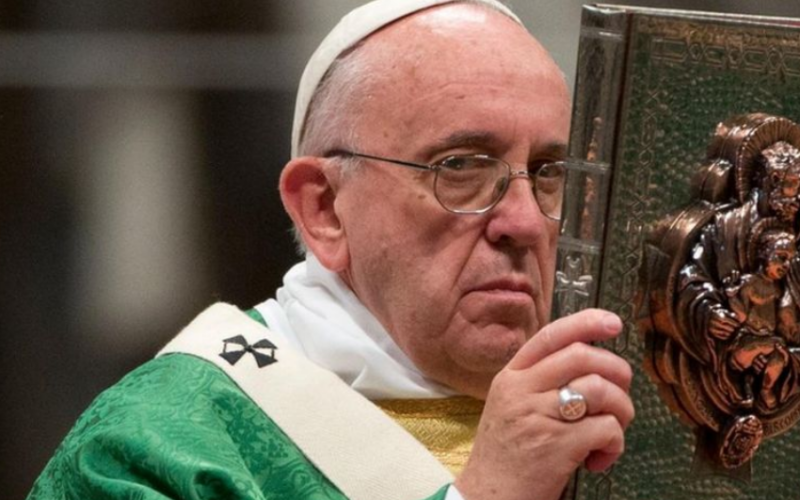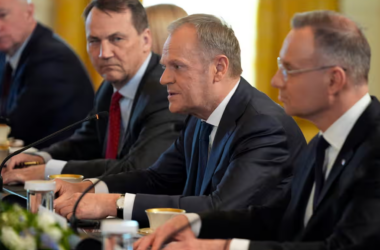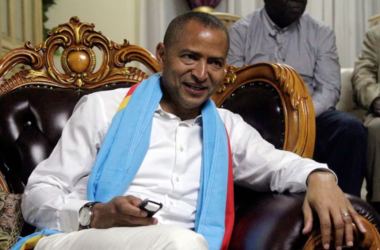Pope Francis has delivered a robust defense of his decision to permit priests to bless same-sex couples, denouncing what he perceives as “hypocrisy” in the backlash against the move, marking one of his most emphatic rebuttals to date.
The authorization of blessings for LGBT couples, outlined in a Vatican document named Fiducia Supplicans (Supplicating Trust), encountered significant opposition within the Catholic Church, notably from African bishops. Despite the resistance, Pope Francis remains steadfast in his stance, challenging critics who question the validity of such blessings.
In an interview with Italian Catholic magazine Credere, Pope Francis addressed the criticisms head-on, highlighting what he views as a double standard. “Nobody gets scandalized if I give my blessings to a businessman who perhaps exploits people, and this is a very grave sin. But they get scandalized if I give them to a homosexual,” the pontiff remarked, decrying the inconsistency as hypocrisy.
The excerpts from the interview, released by Credere ahead of its publication, underscore Pope Francis’s unwavering commitment to inclusivity within the Catholic Church. He reiterated his stance of welcoming LGBT individuals and remarried divorcees to the sacrament of confession, emphasizing the importance of extending blessings to all, without exception.
Francis reiterated his inclusive message, asserting, “No one should be denied a blessing. Everyone, everyone, everyone.” This mantra echoes his previous statements during a Catholic youth festival in Portugal, emphasizing the universality of divine grace and compassion.
Despite facing criticism from conservative factions within the Church, Pope Francis remains resolute in his mission to foster a more welcoming and less judgmental environment. He has defended the Fiducia Supplicans on multiple occasions, stressing that such blessings do not signify formal Church endorsement of same-sex unions.
Clarifying the intent behind the blessings, Pope Francis explained that they are bestowed upon individuals who request them, rather than sanctifying the union itself. “When a couple comes forward spontaneously to ask for them, one does not bless the union, but simply the people who together have requested it. Not the union, but the persons,” he emphasized.
While acknowledging the cultural sensitivities and opposition to homosexuality, particularly in African countries where it is criminalized, Pope Francis hopes that critics will eventually come to understand the rationale behind LGBT blessings. However, he acknowledges the unique challenges posed by entrenched cultural attitudes, particularly in Africa, where opposition to homosexuality remains staunch.
Despite dissent from some quarters, Pope Francis’s unwavering commitment to inclusivity and compassion continues to shape the trajectory of the Catholic Church, reaffirming its core principles of love, acceptance, and understanding in an ever-evolving world.








